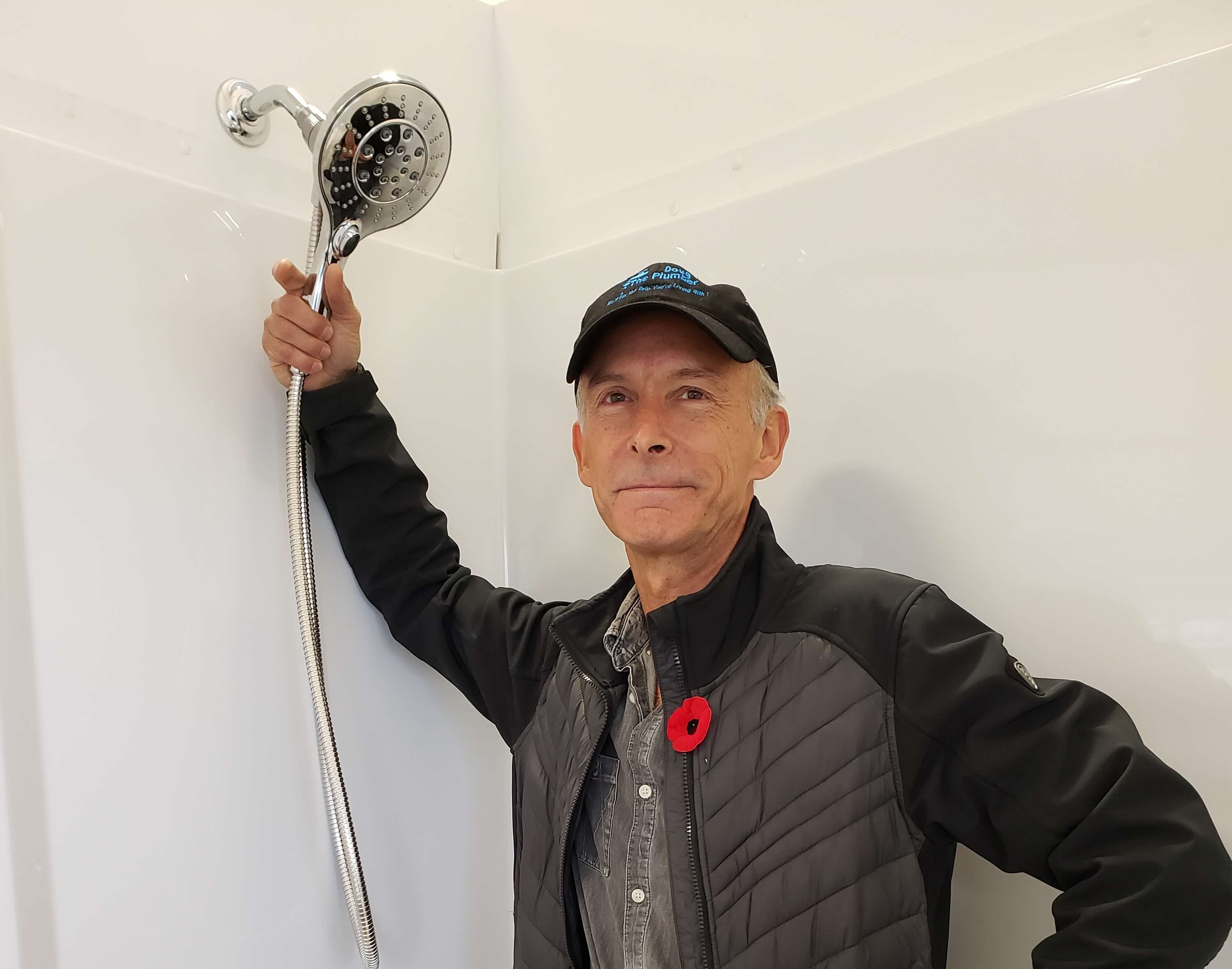In an emergency, you should immediately contact your plumber. As you wait for them to arrive, do the following steps:
Shut off the water supply
The very first thing to do if you’re experiencing a plumbing emergency is to turn off the water. You should already know where the water supply valve is located (if you don’t, now is the time to learn).
If the water is coming from a sink or toilet, you can often shut off the water right at the source. For example, there is a valve at the base of most toilets. However, you will likely need to turn off the main water valve for larger floods.
By quickly shutting off the water supply, you can get the plumbing emergency under control before it results in extensive damage.
Turn off the water heater
Next, turn off your building’s hot water heater to prevent damage. During major plumbing emergencies, water heaters can burst or overheat.
Pressure and hot water build up in your hot water heater once the water control valve is turned off. The heat wells up, which can lead to bursting or overheating. Consequently, you must turn off the water heater once the main water valve is shut off. If you have a gas water heater, make sure the gas line is shut off first.
Move all electronics and valuables
Water and electronics do not mix. You should remove all electronics and valuables from the flooded area as quickly as possible. Computers, televisions, phones, appliances, rugs, furniture, and art need to be moved away from the water source.
Tackle small leaks
In a plumbing emergency, every minute counts. If you can identify a small leak, stop it as quickly as possible. This can make a huge difference in preventing further damage to your property. It also speeds up the plumbing repair process.
It’s a good idea to have plumber’s tape handy for these tricky situations. This is the easiest way to repair a minor leak before your plumber arrives. However, rags, towels, and buckets can also be used to get a small leak under control. Stuff the rags or towels around the leaking pipe, and place a bucket underneath.
As soon as your plumber arrives, let them know about all the small leaks that you have discovered so they can be repaired properly.
Check for clogged drains
A blocked drain is one of the most common plumbing issues, particularly if your building has a kitchen. Over time, the food debris, chemicals, and other waste items that have been washed down the sink can clog drains. Slow drainage is an obvious sign; however, you may also notice a foul smell coming from the drain.
Rather than attempting a DIY repair with a toxic chemical cleaner, call your plumber. They’ll take care of the clogged drain quickly, effectively, and without the use of harsh chemicals that can corrode and degrade the pipes.
Open the drains and spigots
Water remains in the pipes even after you shut off the main water valve. It is incredibly important to direct this water away from your building to minimize flooding and isolate leaks. This helps to keep water away from electrical devices, appliances, and furniture.
To divert the water away from your property, locate any spigots on the outside of the building and turn them on.
Call your plumber for emergency services
Professional plumbers are trained to respond to a wide range of plumbing emergencies. They have the knowledge and equipment to quickly locate, diagnose, and repair plumbing issues to prevent further water damage and restore normal water supply. Whether your building is experiencing a flood, an overflowing toilet, a minor leak, or a burst pipe, your plumber can help.
Call us Today!
Even if your plumbing emergency seems minor, you should never attempt a DIY repair. It’s easy for inexperienced and untrained business owners and staff members to cause more damage while trying to fix a seemingly small issue. This almost inevitably leads to a more expensive emergency repair and damaged property.
So, next time you find yourself in a plumbing emergency, contact Doug The Plumber immediately.

